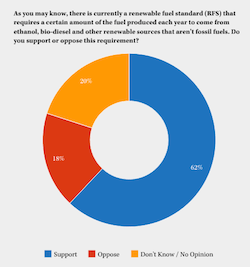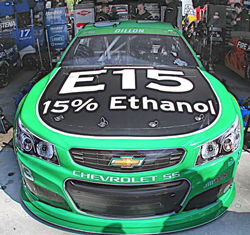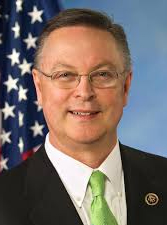More than six in 10 Americans support the Renewable Fuel Standard (RFS) according to a new national poll conducted by Morning Consult on behalf of the Renewable Fuels Association (RFA). The RFS mandates the amount of renewable fuels to be used in the U.S. transportation fuel supply.
The poll finds that the RFS garners broad, bipartisan support from Democrats (65%), Independents (61%) and Republicans (57%) alike. Nearly two in three registered voters overall (62%) support the RFS. Less than two in 10 voters (18%) oppose the standard and two in 10 have no opinion (20%).
 Other key findings include that two-thirds of voters (65%) support Federal tax incentives on cellulosic ethanol expansion. Fifty-one percent Fifty-one percent of voters oppose tax incentives given by the federal government to oil companies in order to help pay for such things as equipment depreciation, oil depletion allowances, and foreign investment tax credits for taxes they pay in foreign countries. Only about one-third of voters (34%) support such government assistance to oil companies and 15 percent have no opinion.
Other key findings include that two-thirds of voters (65%) support Federal tax incentives on cellulosic ethanol expansion. Fifty-one percent Fifty-one percent of voters oppose tax incentives given by the federal government to oil companies in order to help pay for such things as equipment depreciation, oil depletion allowances, and foreign investment tax credits for taxes they pay in foreign countries. Only about one-third of voters (34%) support such government assistance to oil companies and 15 percent have no opinion.
In terms of mandating automakers to produce alternative vehicles, 69 percent of registered voters support requiring automakers to build cars that use “fuel” other than oil including electric vehicles, natural gas and biofuels.
“This poll clearly shows that the oil industry’s misinformation, hyperbole, and manufactured angst against the RFS is not resonating with an American public that wants competition for the pump, relief for their wallet, and lower carbon fuels for the planet,” said RFA President and CEO Bob Dinneen. “More than six in ten Americans understand the economic, environmental, and national security benefits of the RFS. Congress and the Environmental Protection Agency should take note of the high level of support for the program and allow the RFS to work at the levels Congress envisioned in 2007. Failure to do so only rewards the recalcitrant incumbent industry, jeopardizes investment in new innovative technologies, and ignores an American public intent upon moving our nation’s energy future forward.”










